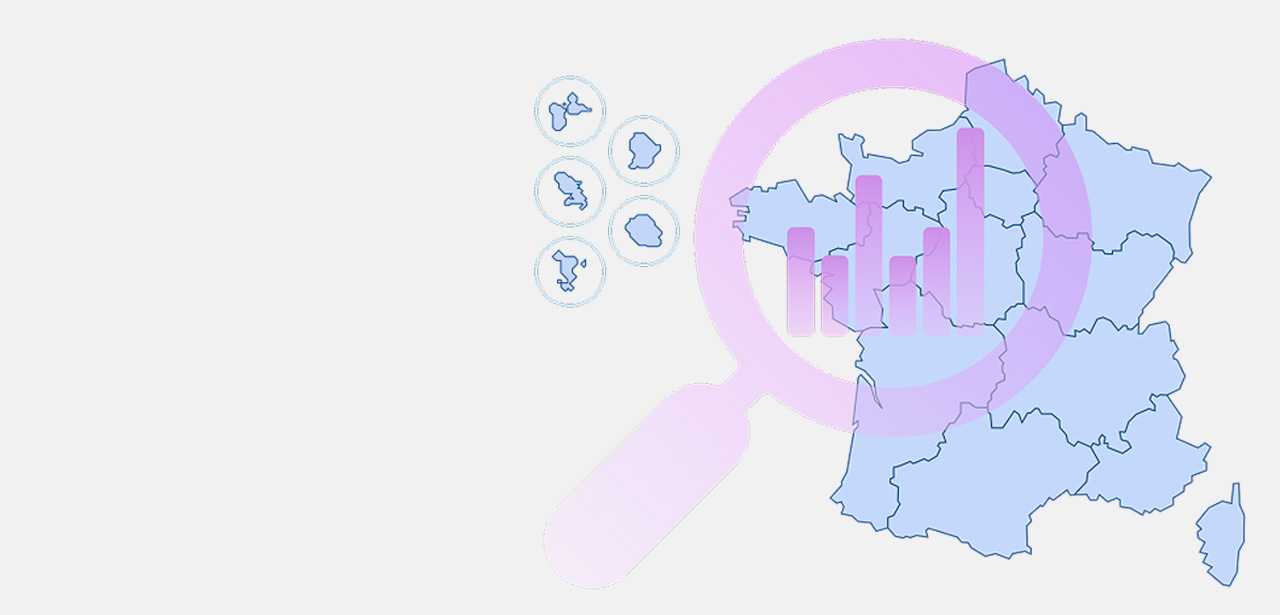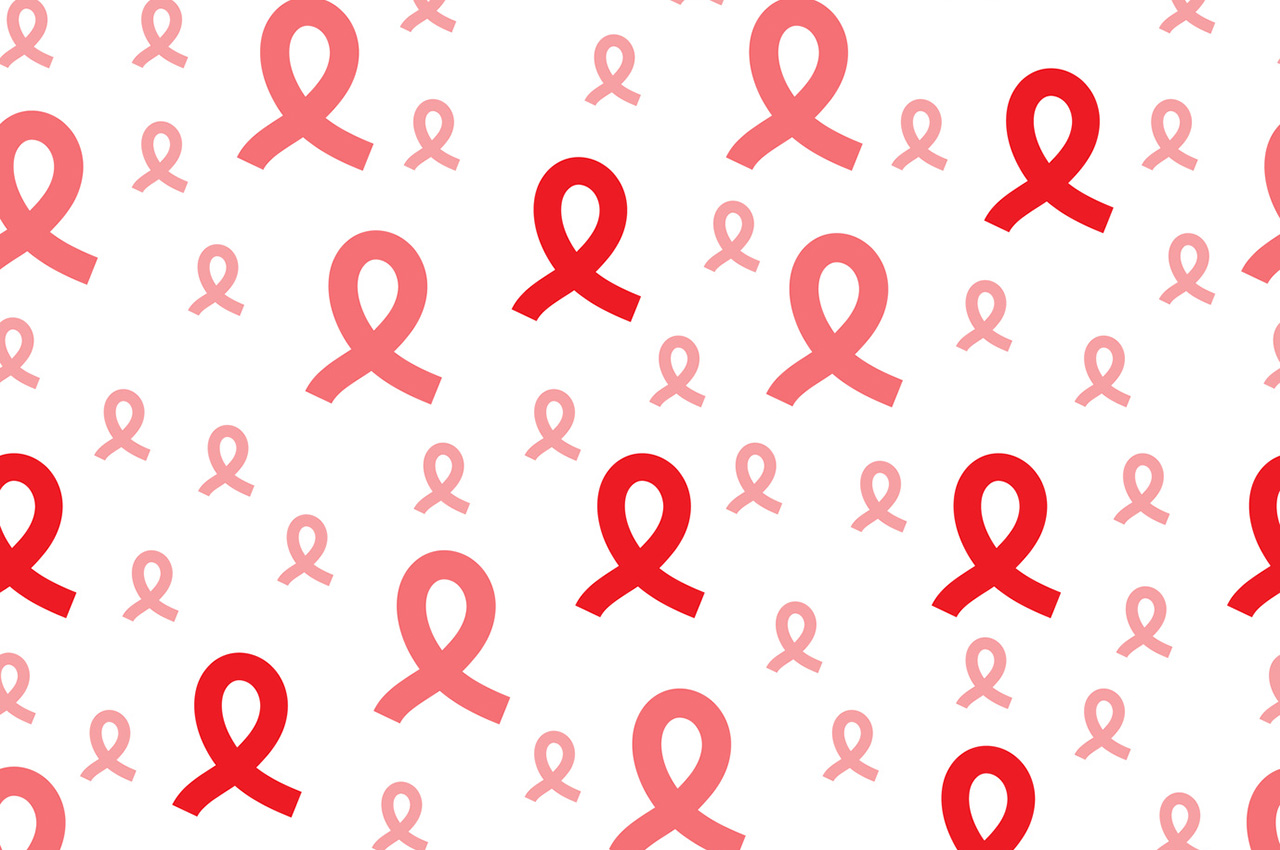Longtemps axée sur les seules substances illicites, l'approche des politiques de lutte contre les drogues s'est peu à peu déplacée vers le concept d'addiction, englobant à la fois l'ensemble des produits, licites comme illicites, mais aussi les comportements excessifs de jeu, d'écrans, etc. Au sein de la population française, les usages de tabac et d'alcool, vecteurs de conséquences sanitaires importantes, sont les plus répandus. Hormis pour le cannabis, dont la consommation apparaît particulièrement élevée en France, les usages de substances illicites restent relativement circonscrits. Toutefois, les efforts se sont longtemps concentrés sur eux, pour contrer l'épidémie de SIDA liée à l'injection, en développant des outils de réduction des risques et des dommages tels que les traitements de substitution aux opiacés et les programmes d'échange de seringues. Tout en continuant cette politique de réduction des risques et des dommages, les pouvoirs publics ont renforcé ces dernières années les mesures relatives à l'alcool mais surtout au tabac. Si pour l'alcool, cette politique semble manquer encore d'impulsion, elle est en revanche pleinement à l'oeuvre concernant le tabac. Les mesures se sont en effet succédées pour réduire sa visibilité (interdiction de fumer dans les lieux publics, y compris les lieux dits de convivialité) et son accessibilité (hausses de prix, interdiction de vente aux mineurs...), mais aussi pour contribuer à mieux aider les fumeurs à s'arrêter, aboutissant à une " dénormalisation " dont l'objectif est de parvenir à une génération sans tabac en 2032. Un but qui ne semble pas irréaliste, les dernières enquêtes de prévalence montrant une baisse du tabagisme en France ainsi qu'une interruption de l'augmentation des inégalités sociales face au tabagisme, brisant ainsi une tendance observée depuis le début des années 2000. En revanche, la mise en place d'une approche de réduction des risques et des dommages sur l'alcool, le tabac ou le cannabis reste à construire.
Auteur : Beck François, Lermenier-Jeannet Aurélie, Nguyen-Thanh Viêt
Bulletin du Cancer, 2019, vol. 106, n°. 7-8, p. 656-664


